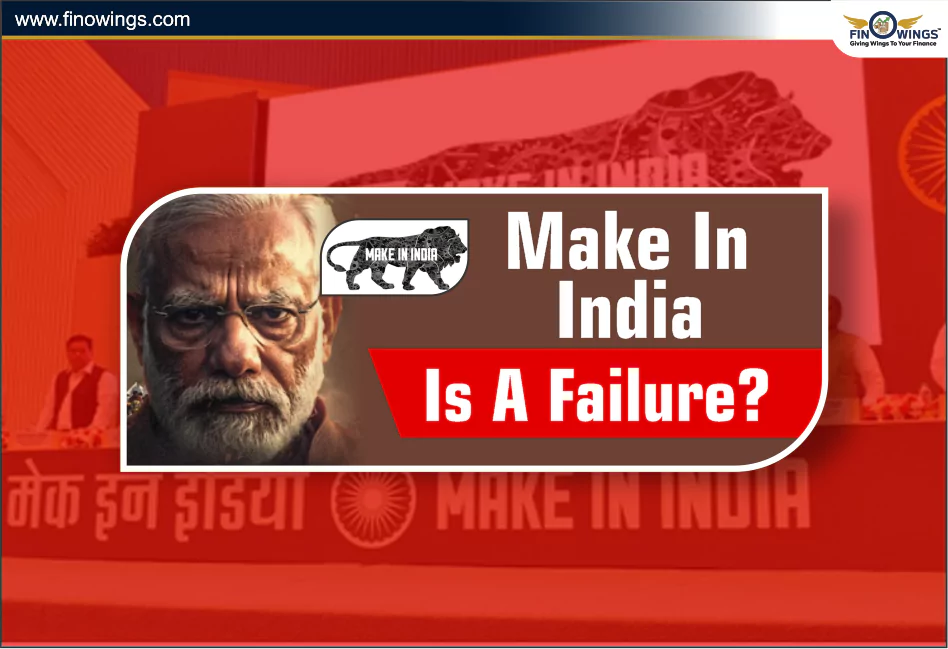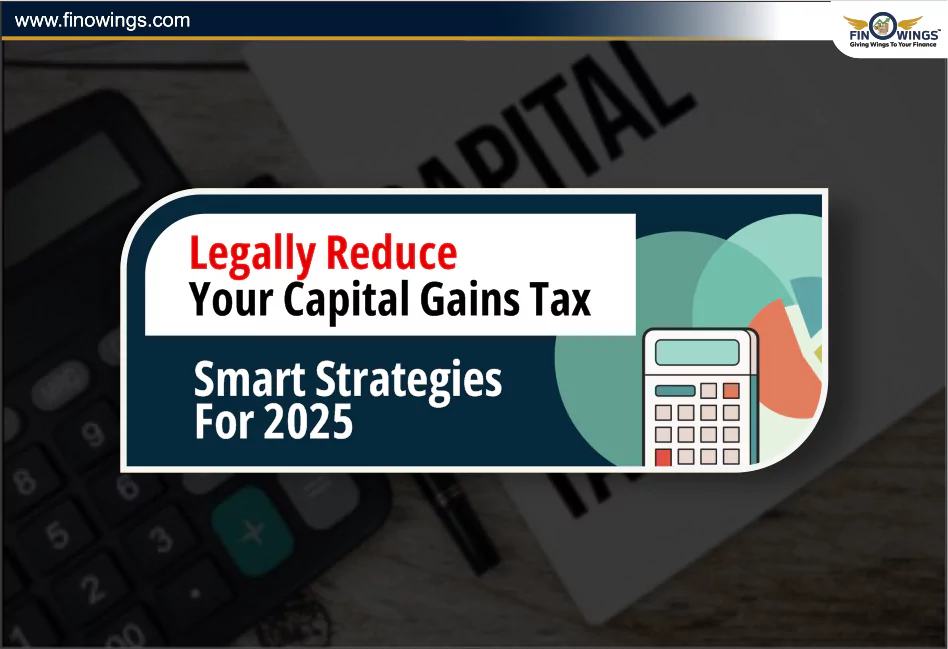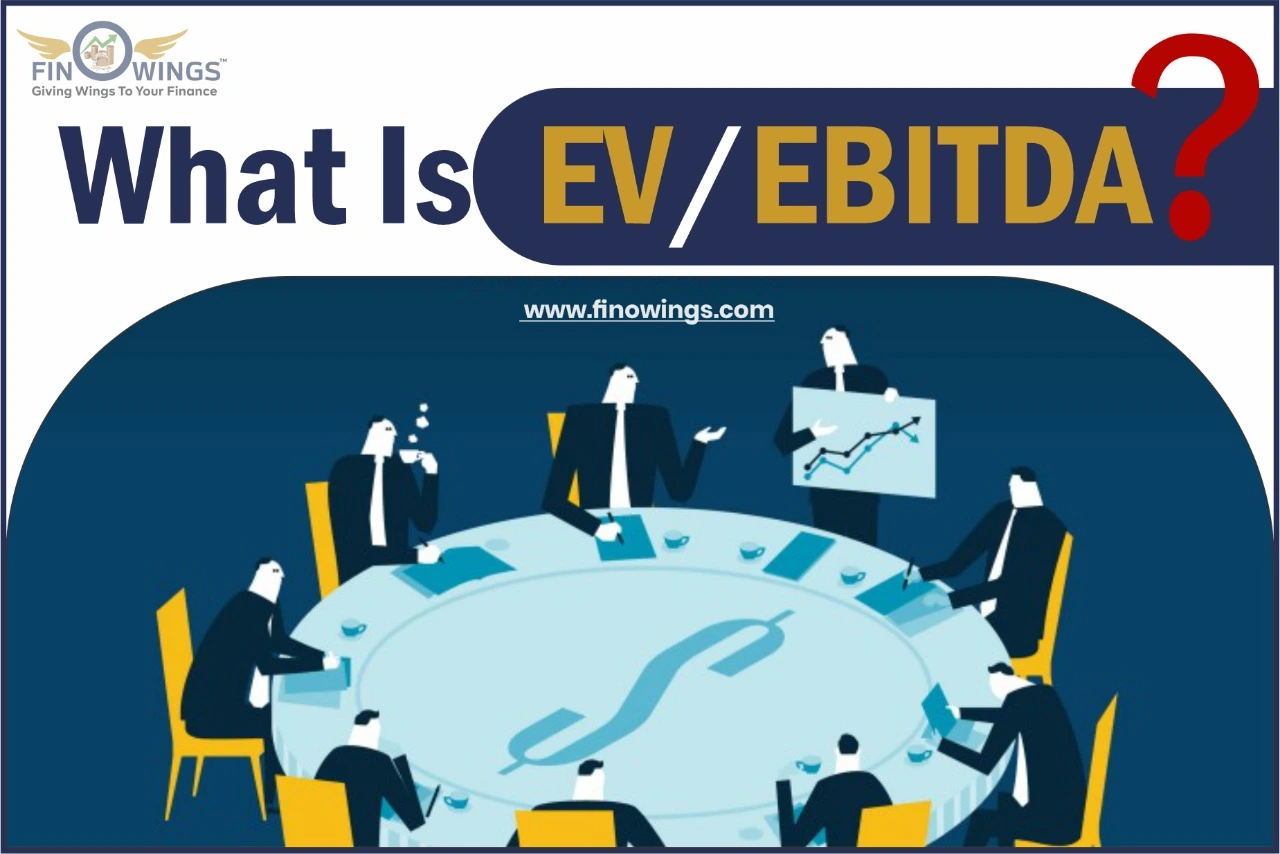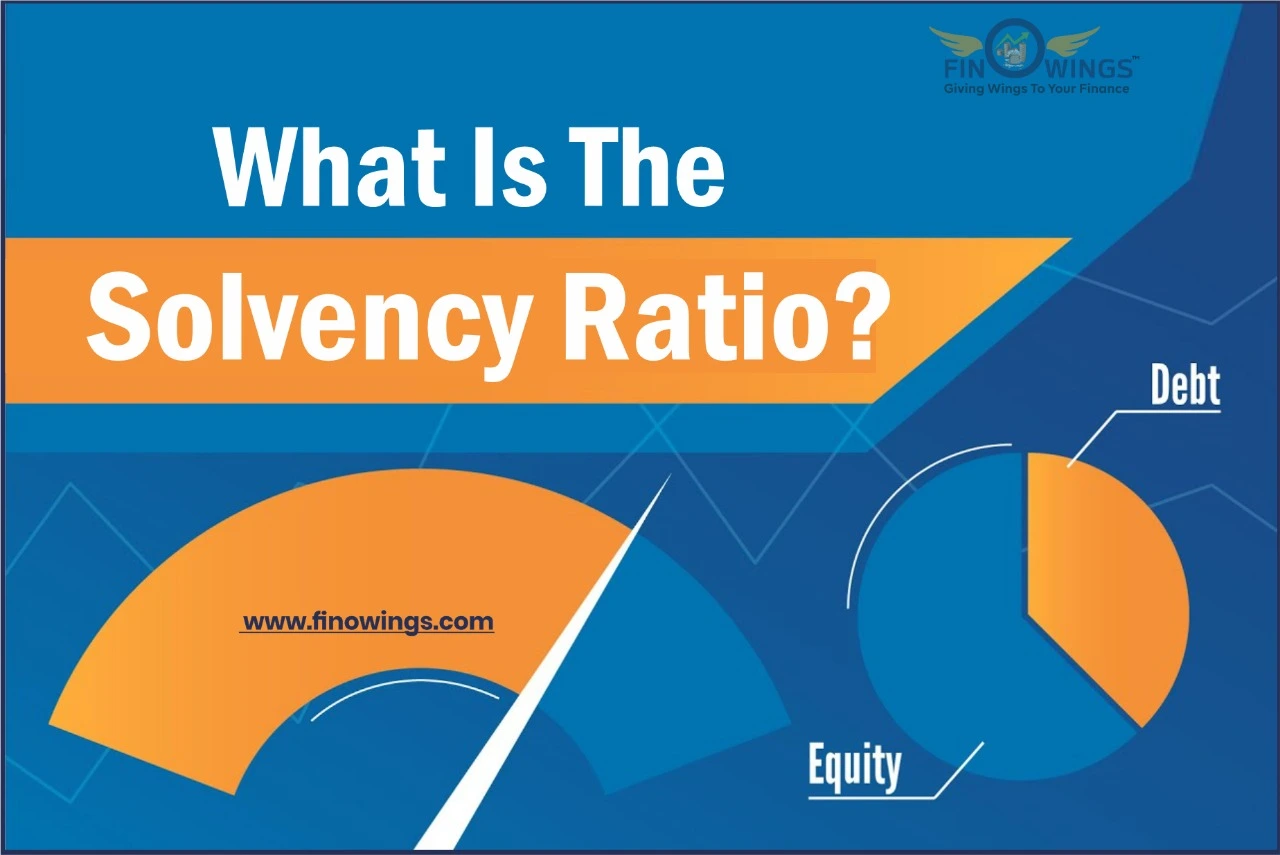Home >> Blog >> How does the government collect taxes from zero profit companies?
How does the government collect taxes from zero profit companies?
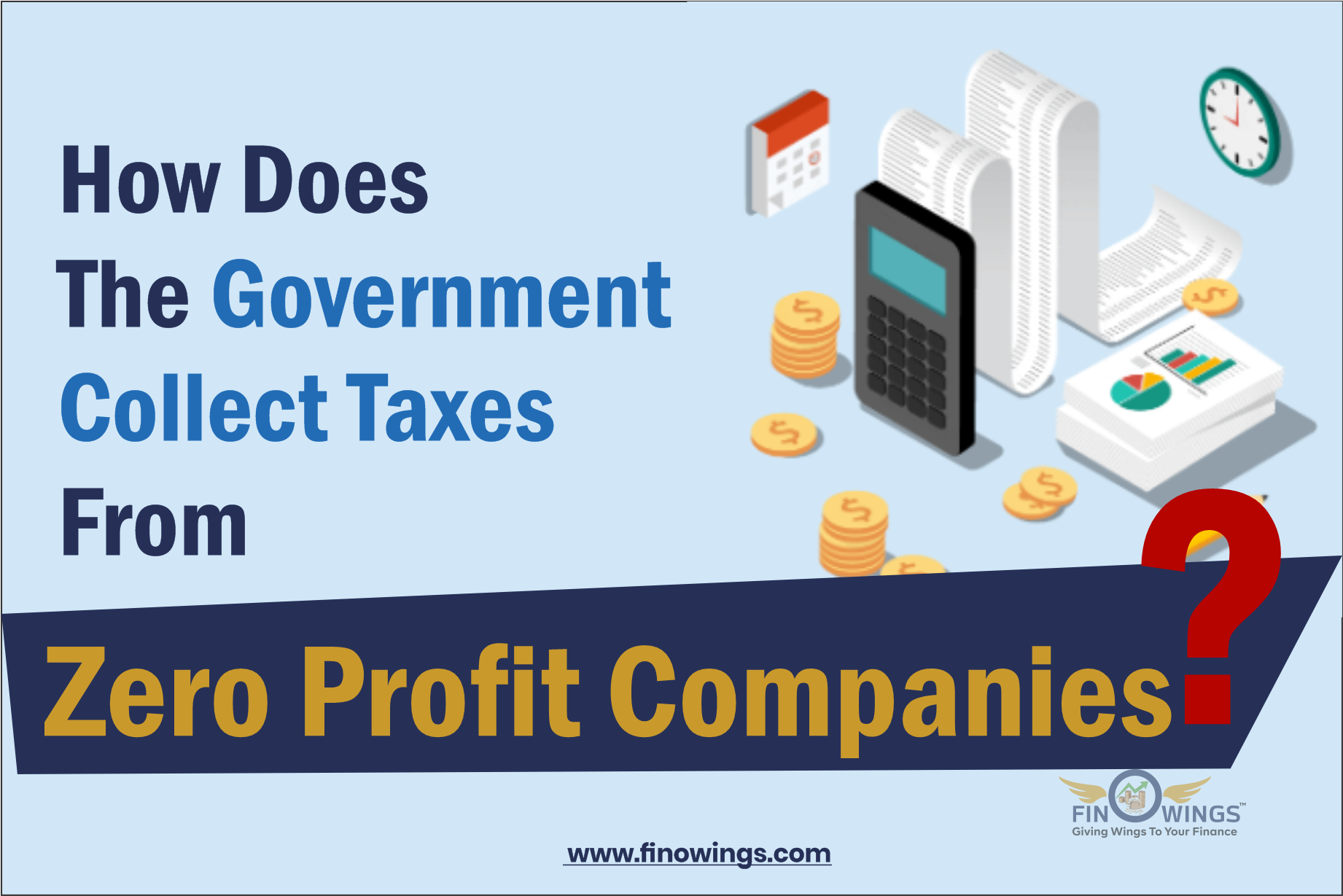
Table of Contents
1- Introduction
A company is built upon its strategic measures which utilise all the incentives and provisions provided by the government. Every corporation is correlated to the government. A private business is seen as the basis of a country’s economy. Therefore, the government provides many benefits to promote a company’s business which will in return benefit the country through its taxes. The government levies a corporate tax on domestic companies. It is the amount which is calculated from the net income of the companies which is obtained through their business activities usually in one business or financial year. Revenues from the Corporate Tax are an important source of income for the government of India. Companies hire professional accountants (CA) who manage their finances. They can substantially reduce a company’s tax liability through various provisions and incentives of the Income-Tax Act like exemptions, deductions, depreciation, etc. These companies somehow manage with different tactics to be labelled as the ‘zero-tax paying companies’. To tackle these companies which avoid paying taxes, the government issued a tax provision known as Minimum Alternate Tax (MAT) which was created for all the companies to pay a minimum amount in tax to the government.
1- What is the minimum alternate tax?
Many times some companies have managed to show nil or zero taxable income in their gross income records when in reality they were making more than enough profits and were distributing their profits in the form of dividends to their shareholders. The various tax concessions and incentives provided by the government helped them to find loopholes to avoid the corporate taxes on their profits. Therefore to improve tax collection, and to ensure every eligible company pays its taxes, the Government of India in 1988 came up with the proposal of Minimum Alternate Tax or MAT, which assesses the taxation of zero-tax companies. The Finance Act introduced MAT in 1987 and it came into effect from the year 1988-89. Under Section 115JB of the Income Tax Act, the company has prescribed a tax irrespective of the other prevailing corporate tax to the government. This is enforced through MAT where zero tax paying companies are liable to pay a certain percentage of their book profit as taxable income to the government because 'zero tax' companies, can have high 'book profit' by distributing huge dividends (under the Companies Act) to their shareholders, and on the other hand it would show 'nil' or 'negative' taxable income (under the IT Act). Therefore they can avoid paying any income tax. Also through MAT, the company would be unable to receive any more incentives and exemptions than it had used to avoid taxes.
MAT is a measure of making companies pay the minimum amount of tax which they have avoided through incentives.
2- Which companies are not liable to pay Minimum Alternative Tax ?
MAT is compulsory for all companies except those which are involved in
2.1 infrastructure
2.2 power sectors
2.3 free trade zones
2.4 charitable activities
2.5 venture and angel funds.
It is because the companies in the aforementioned sectors build the foundation of the Indian economy.
2.6 Foreign companies with income sources in India are also exempted from MAT because these companies bring higher currency to India and help in Forex trading.
In 2015, the Government issued the MAT provisions, especially for the Flls (Foreign Financial Institutions). Since then these institutions do not need to pay MAT on their profits from capital gains on transactions in securities (which are already liable to lower tax rates).
2.7 FIIs- MAT is imposed on new domestic manufacturing companies which are incorporated on or after October 1, 2019.
Minimum Alternate Tax is computed at the rate of 15% on book profit rather than the taxable profit after additional cess and surcharge.
3- How is Minimum Alternative Tax calculated?
Minimum Alternate Tax is applicable when the taxable income is calculated and found less than 15.5 per cent (including surcharge and cess) of the book profit according to the Income Tax Act guidelines under the Companies Act, 2013.
3.1 Example of Minimum Alternative Tax
If Company X has Rs 100 crore book profit then it is required to pay a minimum tax of Rs 15 crore according to the new MAT rate which is 15% in comparison to 18.5% which was in 2020-21.
So if a company which already pays a normal tax after claiming deductions and incentives is Rs 10 crore which is less than MAT (Rs15 crore) then it is required to only pay the extra Rs 5 crore as MAT and use the MAT credit which is equivalent to Rs 5 crore to pay tax in the future.
4- Changes in Minimum Alternative Tax by government
The government not only reduced the Minimum Alternate Tax rate but it has also deducted the corporation tax rate from 30 per cent to 22 per cent. MAT is different from the normal corporate tax as it is applicable to book profit and not to taxable profit. Book profits are used by companies to report their income and expenses to their shareholders whereas taxable profits are used by companies to report their earnings and tax liability to income tax authorities.
5- Conclusion
The government levies taxes for the betterment of the people but due to its strict policies and regulations the government sometimes faces challenges related to its decision. The companies which are the main source of income for many people and which support the country’s economy need all the benefits and incentives to have a stable financial situation. Extra taxes may hamper a company’s growth and profitability. The Minimum Alternate Tax is levied if the income tax which is to be paid by the company is less than 15% of book profit and cess and surcharge.
As MAT forces companies to pay mandatory tax on their profits by releasing its book profits report, the government has been facing many criticism and suggestions to make amendments in section 115JB which will be more inclusive as well as flexible. The Indian government has recently announced the formation of a special committee which will examine and analyse strategies to resolve disputes arising over MAT payments by the companies. At present, the committee is focusing on a few issues related to MAT as it seems to be focused on the resolution of MAT demands placed by the government on foreign institutional investors. This is because over the past few months several foreign investors have had to pay MAT. However, efforts by the government are still on to make MAT payment more hospitable and controlled.
Frequently Asked Questions
MAT is a tax levied by the government which makes companies pay the minimum amount of tax which they have avoided through incentives.
The new Minimum Alternative Tax rate is 15% in comparison to 18.5% which was in 2020-21.
The objective of Minimum Alternate Tax is to collect taxes from "zero tax companies" by making them liable to pay a minimum tax which is based on their book profit.











